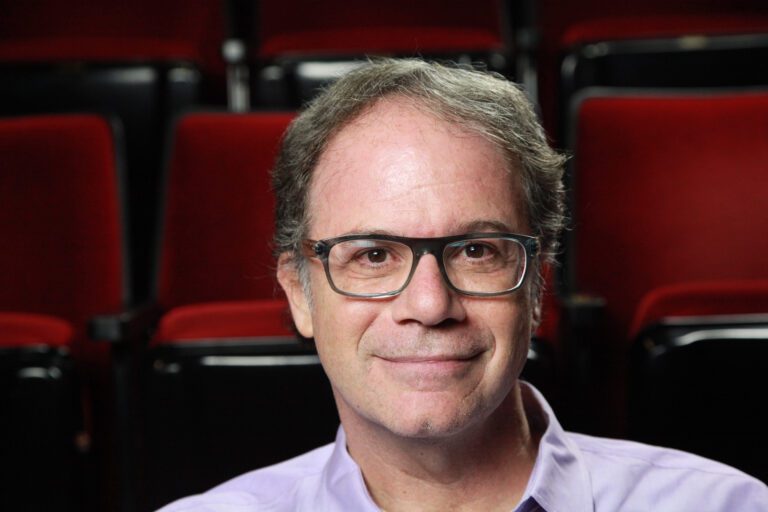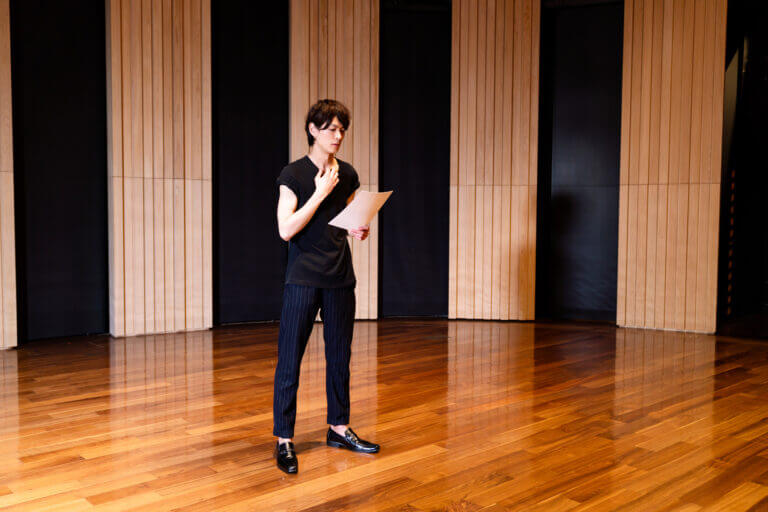Why should you, as an artist, even care about tax deductions? Because it lowers your taxable income, saving you money. You get to keep more of it in your own bank account.
But what’s the point of having more in your bank account if you don’t have a plan for what to do with it?
Understanding taxes and having a simple strategy to lower them is great, but it’s common for artists to put lots of time and energy into this area while ignoring bigger picture financial foundations. This is called “majoring in the minors.”
If the goal is to have more money and feel good about your finances, tax deductions alone won’t get you there. Before you spend hours googling “everything an actor can write off” and “will I go to jail for taking too many deductions,” read on for a more effective way to spend your time.
Here are three more important things to focus on for financial wellness as an artist:
1. Know your numbers
If you don’t know what’s going on with the numbers inside of your bank accounts, the money saved from tax deductions will just disappear into the abyss of your checking account.
How often are you checking in on what’s in your accounts? Do you know what your spending looks like? With your fluctuating income, do you know what your average income range is? What your non-negotiable monthly expenses are? How do you feel about the numbers you’re currently seeing?
I want you to know the answers to these questions. Knowing your current baseline is the first step to improving any area of your life, money included.
ACTION STEP: Have a weekly money date
This is a standing appointment each week (e.g., Sundays at 11 a.m.) where you hold space to get into bed with your money. Pull up all your bank accounts and journal about how you feel about what you see. Look over your spending and decide what’s out of alignment with your bigger life vision. Calculate your average ranges for incomes and expenses.
Do this in an environment that makes you feel at ease, whether that’s a happy hour at your favorite bar, or drinking a cup of coffee on your couch with jazz playing in the background. (Note: If you’re going to check in with your money at your favorite bar or cafe, don’t use the free wifi to do it — data connection or personal hotspot only!)
You’re building a relationship with your money, so the important part is continuing to show up for it. You don’t have to get everything done on your first money date. You can go at whatever pace your nervous system is up for. When you make your money dates fun and low stakes, it will be easy to continue them.
2. Create money goals
Just like you have career plans and goals to chase after, it’s important to do the same with your money. Feeling better about your finances (emotionally and in the numbers) takes intention.
The first step to having a plan for your money is deciding what goals you want to achieve, and WHY you want to achieve those goals.
Your GPS can’t map out a travel route if you don’t give it a destination. And without a travel route, you end up driving around aimlessly or stuck where you are.
Get specific. Instead of a goal like “have more money,” decide exactly how much more money you want to make and what you will use that money for. Instead of “$10,000 in savings,” decide the different kinds of savings you want and the exact amount for each (e.g., 6-month emergency fund, moving fund for new apartment, London vacation, etc).
After you play around with what money goals would be fun to chase, create a list of all the different things that would need to happen to achieve them. Which things on this list can you take action on right now? What’s a simple task you can do today to move you closer towards one of these goals?
ACTION STEP: Write down three money goals you’d like to achieve in the next 12 months
Just by writing down 3 specific goals, your brain will automatically start to look for creative solutions to achieve them. You’ll be excited about putting a plan in place to take action on because you know exactly what the end result will be. You’re putting yourself back into the driver’s seat of your financial life, rather than feeling like a victim of it.
3. Hire a good CPA
Instead of trying to become a tax expert on your own, hire one. And hire one that understands your industry. Yes, it’s important to have a basic understanding of taxes, but hiring this mental load out to a professional will free up your capacity to focus on the other financial foundations.
Remember, just because someone has a certification, doesn’t mean they’re automatically a good fit for YOU. Taxes for someone in a 9-5 job with one W-2 look wildly different than they do for a freelancer who owns their own business and has four different income sources.
Just like every actor has their niche and specialties, so do finance professionals. Finding a CPA who understands your industry and lifestyle will be able to support you so much more than your dad’s friend’s brother who happens to work in accounting.
ACTION STEP: Book consultation calls with two different CPAs
Finding a CPA can feel like a daunting task, but don’t let the overwhelm push you into a relationship with a poorly matched CPA just to get it over with.
Take your time meeting with different options. Ask them if they’ve worked with artists before, if they understand self-employed taxes, what makes them different from other tax professionals. When you own your own business (and if you’re an actor, you’re a business owner), it’s important to vet the people on your team. You deserve to have people surrounding you that make you feel safe and empowered.
Focusing on these three things will have a bigger impact on your financial wellness than spending hours trying to research and deduct as many expenses as possible.
Tax deductions are a great tool, and you can read more about how to utilize this tool in this article, Top 4 Tax Deductions for Actors, but then it’s time to put your focus on your overall financial wellness. You want the extra money you save on taxes to have a purpose and to feel like bonus money, and that happens when you take the time to develop an intimate relationship with your money.
Looking to get your big break? Sign up or login to Casting Networks and land your next acting role today!
Related articles:
My Casting Story: Michael Solomon on ‘Freeridge’
How to Become an Actor in New Orleans
Oscars 2023: ‘Everything Everywhere All at Once’ Wins Big at the 95th Academy Awards













